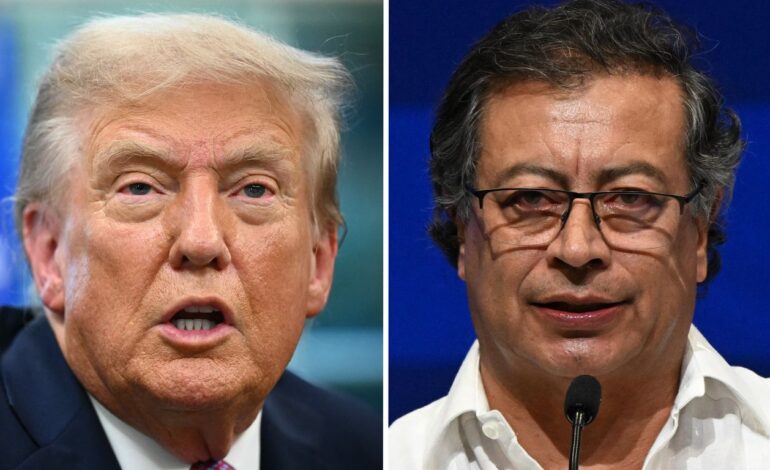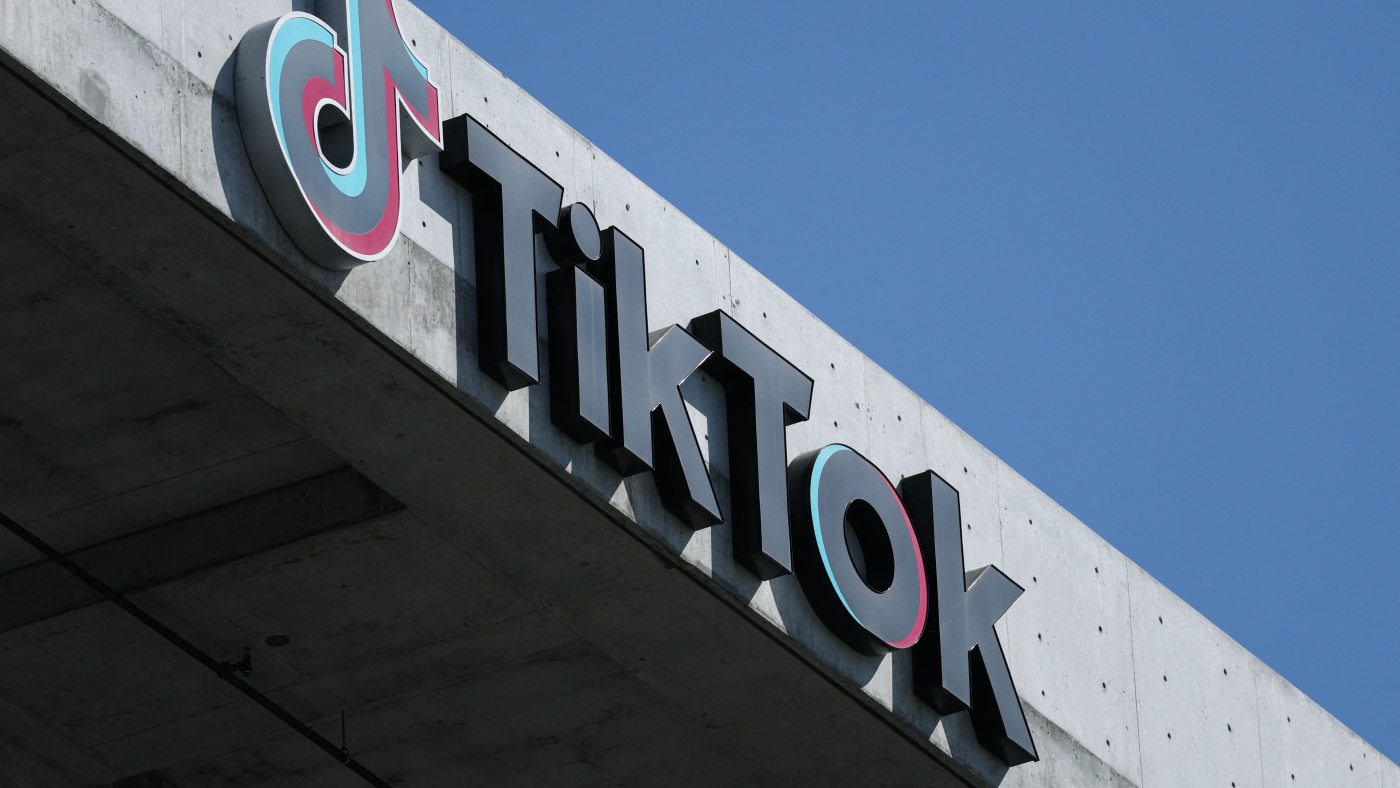Colombian President Accuses Trump of UN Principles Violation

Colombian President Gustavo Petro has publicly accused former U.S. President Donald Trump of violating the founding principles of the United Nations. This statement follows the announcement by the U.S. State Department on September 29, 2023, that it will revoke Petro’s visa, citing his “reckless and incendiary actions.”
The context of this situation involves the U.S. administration’s growing opposition to Petro, who is recognized for his left-leaning politics and close ties with Venezuelan leader Nicolás Maduro. The Trump administration perceives Petro’s actions as provocative, particularly as he approaches his reelection campaign in Colombia, scheduled for next year.
The State Department’s decision was based on Petro’s recent appearance at a pro-Palestinian rally in New York City, where he made statements that encouraged protests, declaring through a translator that “diplomacy is over.” This remark has raised concerns among U.S. officials about his intentions and alignment with American interests.
In response to the visa revocation, Petro took to social media platform X (formerly Twitter), asserting his right to express his views freely. He stated, “International law is the wisdom of humanity and it protects me.” He emphasized his stance on humanitarian issues, declaring, “Genocide is a crime against humanity and humanity must respond, judge, and punish.”
Petro’s remarks included a direct criticism of Trump, suggesting, “Mr. Trump has violated the founding principles of the UN. Time to go to a more democratic place. I propose Doha as the headquarters of the United Nations.” This statement highlights his call for a reevaluation of international governance structures and their adherence to democratic ideals.
The ongoing tension between the U.S. and Petro’s administration has broader implications. The Trump administration has previously imposed tariffs and sanctions on Colombia, particularly following the country’s refusal to accept deportation flights for undocumented migrants. Such actions reflect a deteriorating relationship that could impact Colombia’s political landscape and its engagement with international partners.
As the situation unfolds, the impact of these diplomatic frictions on the Colombian populace and the potential consequences for Petro’s political future remain to be seen. The international community is closely watching how this conflict shapes the discourse around governance, human rights, and international cooperation.






